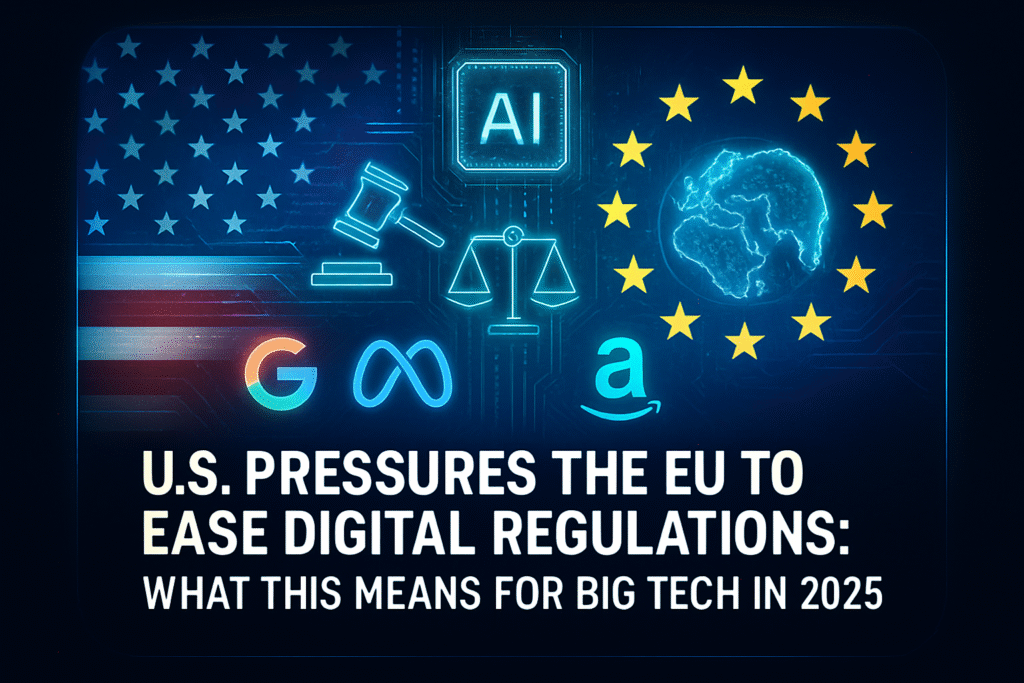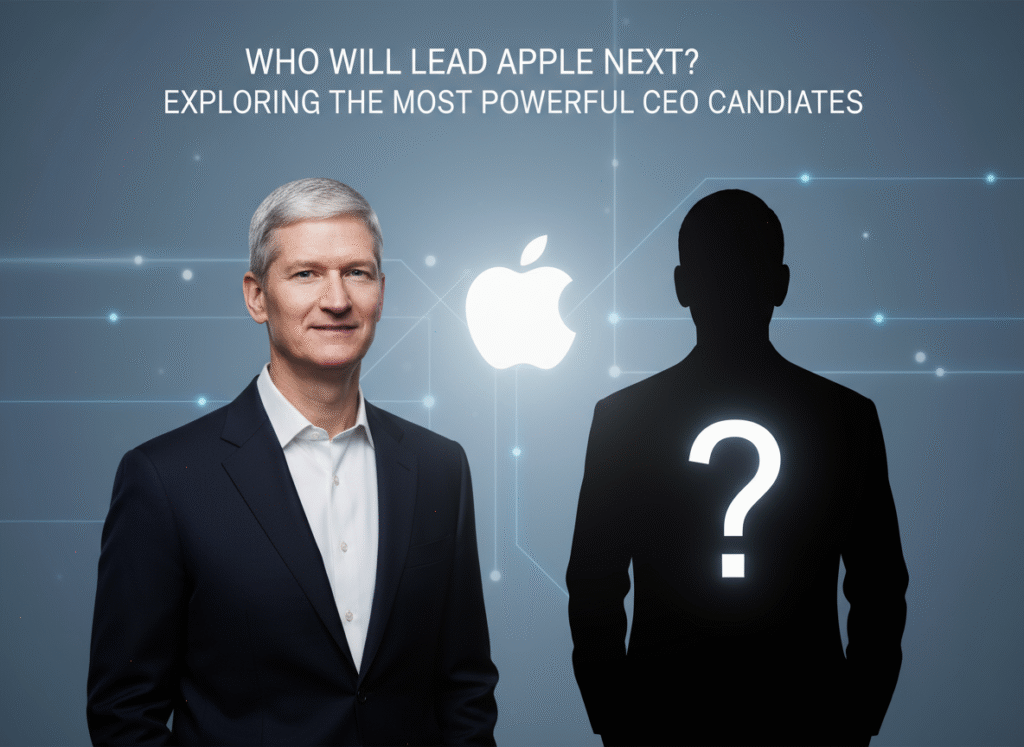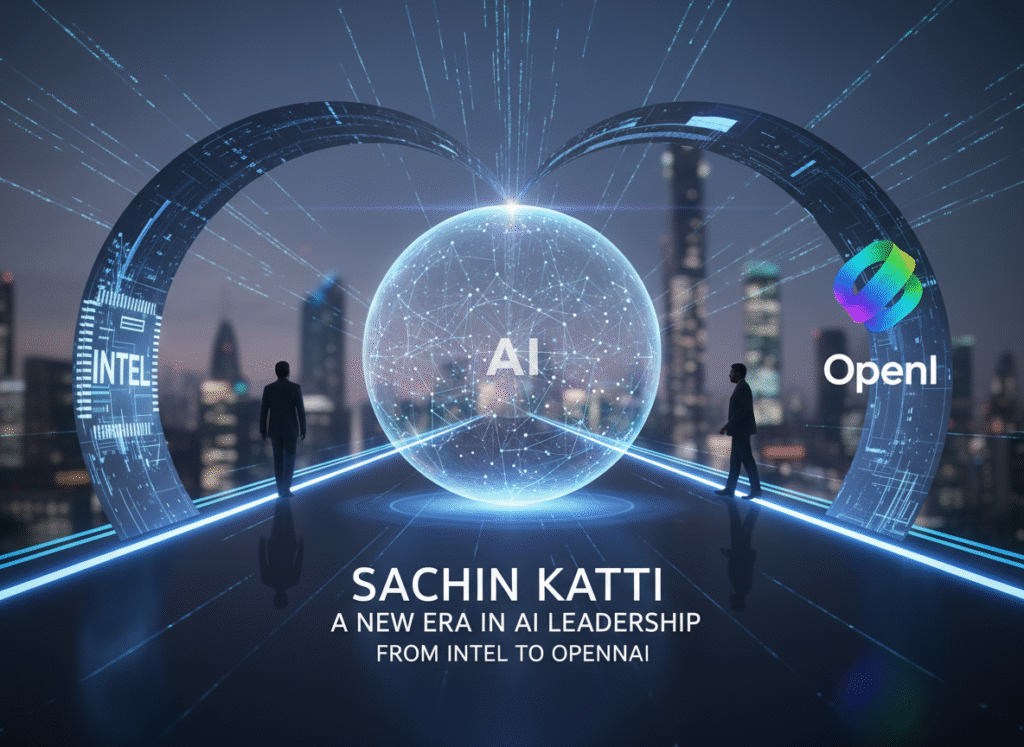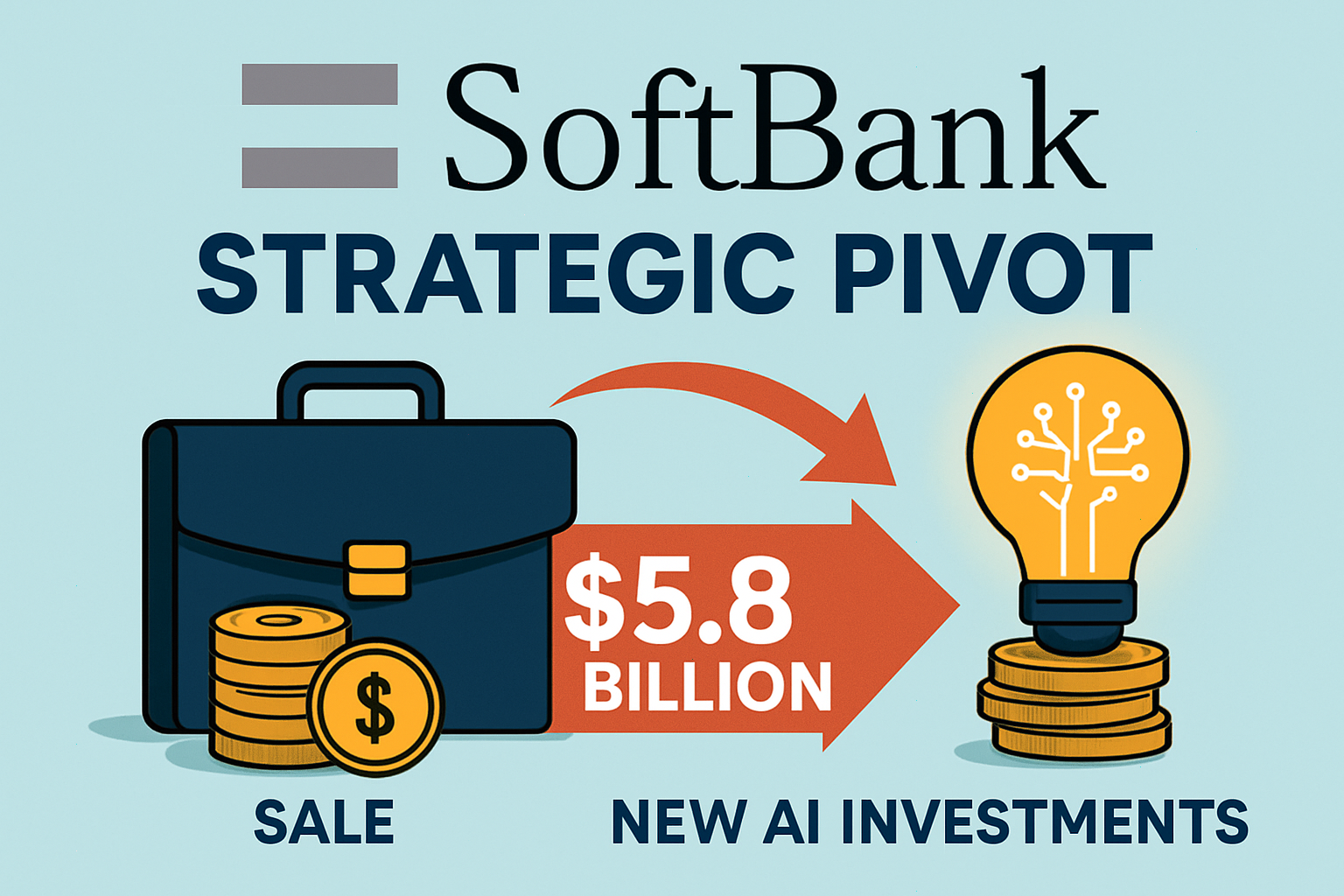
The International Funkausstellung (IFA) in Berlin has long been the stage where global technology brands unveil their latest innovations. This year, IFA Berlin 2025 did not disappoint, offering a fascinating glimpse into the future of consumer electronics. From AI-driven smart devices to futuristic wearables, the event showcased cutting-edge products designed to make daily life smarter, faster, and more connected.
In this article, we’ll explore the biggest highlights of IFA Berlin 2025, breaking down the most trend-setting gadgets and what they mean for the future of tech enthusiasts, professionals, and consumers worldwide.
1. AI Everywhere: Smarter Devices for Daily Living
Artificial Intelligence has become a central theme across IFA events in recent years, but in 2025, AI was no longer just a feature — it was the foundation.
- AI-Powered Home Assistants: Several brands introduced AI assistants capable of handling complex multi-step tasks. Instead of just setting reminders or playing music, these assistants can now manage household energy efficiency, control smart appliances, and even provide personalized health tips.
- Contextual AI Integration: Devices are no longer waiting for commands. They anticipate user needs by learning habits and preferences, creating a seamless user experience.
This shift highlights how AI is evolving from reactive to proactive, shaping the way we interact with technology daily.
2. Wearables Redefined: Health Meets Lifestyle
Wearable technology was another big star at IFA Berlin 2025. While smartwatches and fitness trackers have been around for years, brands pushed the boundaries this time.
- Next-Gen Smartwatches: New models included advanced health monitoring tools like non-invasive glucose tracking, stress management through real-time cortisol level detection, and predictive heart health alerts.
- Smart Rings and Patches: Lightweight smart rings and skin patches offered alternatives to traditional wearables, tracking sleep cycles, hydration levels, and body temperature.
- Fashion-First Wearables: Many brands focused on aesthetics, proving that health-focused wearables don’t have to look clinical. Luxury collaborations were a noticeable trend.
The key takeaway? Wearables are no longer just for fitness enthusiasts — they are becoming lifestyle essentials.
3. Foldable and Rollable Screens: The Future of Displays
One of the most exciting trends was the evolution of flexible display technology.
- Rollable Smartphones: Instead of foldable phones, rollable displays stole the spotlight. Users can expand their phone screens horizontally or vertically depending on the task.
- Portable Rollable TVs: Imagine carrying a TV in your backpack and rolling it out when needed — a few companies presented prototypes that made this vision a reality.
- Hybrid Work Devices: Laptops with rollable secondary displays are designed to boost productivity for professionals on the go.
IFA Berlin 2025 clearly showed that flexibility is the new frontier in display technology.
4. Smart Home 2.0: Interconnected Living
Smart homes have been trending for over a decade, but the 2025 edition introduced what many are calling Smart Home 2.0.
- Unified Ecosystems: Instead of fragmented devices that don’t “talk” to each other, many companies introduced ecosystems where all smart devices — from fridges to security systems — are managed through a single hub.
- Energy-Efficient Appliances: Sustainability was a recurring theme. Many gadgets were designed to reduce energy waste, powered by AI algorithms that adjust usage automatically.
- Robotics for the Home: From AI-driven vacuum cleaners that map entire homes to robotic chefs capable of cooking complex meals, robotics are no longer futuristic luxuries — they’re becoming mainstream.
The message from IFA Berlin 2025 is clear: the future home will be connected, efficient, and increasingly autonomous.
5. Audio and AR: Immersive Experiences
Audio technology and augmented reality (AR) also had their moment in Berlin.
- Spatial Audio Earbuds: Brands highlighted immersive listening experiences, with earbuds that adapt sound based on your surroundings.
- Augmented Reality Glasses: Lightweight AR glasses designed for daily wear stood out, moving away from bulky headsets. They allow users to overlay navigation, notifications, and real-time translations seamlessly onto their vision.
- Gaming Innovations: AR and VR gaming devices demonstrated how the line between virtual and real-world experiences is becoming increasingly blurred.
These advancements mark a step toward a truly immersive, multisensory tech experience.
6. Sustainability as a Core Innovation
Technology companies are under growing pressure to address environmental concerns, and IFA Berlin 2025 showed a major push in that direction.
- Modular Devices: Gadgets designed to be easily repairable and upgradable, reducing electronic waste.
- Eco-Friendly Materials: From biodegradable smartphone cases to recyclable laptops, sustainability was more than just a buzzword — it was integrated into product design.
- Solar-Powered Gadgets: Several companies unveiled solar-powered chargers, headphones, and even small appliances.
This shift shows that innovation and responsibility are finally intersecting in consumer electronics.
7. The Standout Brands and Gadgets of IFA Berlin 2025
While many companies made headlines, a few standout gadgets generated buzz:
- Samsung’s Rollable Galaxy Phone: A sleek device that expands horizontally for multitasking.
- Sony’s Immersive AR Glasses: Lightweight eyewear offering real-time translation and enhanced navigation.
- LG’s Portable Rollable TV: A flexible display that rolls into a compact cylinder.
- Fitbit Luxe+ Smart Ring: A stylish wearable with advanced health features.
- Bosch’s AI-Powered Kitchen Robot: A home chef capable of preparing meals with minimal supervision.
These headline gadgets reflect where the tech industry is headed: personalization, flexibility, and sustainability.
Conclusion: What IFA Berlin 2025 Means for the Future
IFA Berlin 2025 was more than just a showcase of the latest gadgets — it was a vision of how technology will seamlessly integrate into every aspect of our lives. The event highlighted three clear trends:
- AI as the foundation of future devices.
- Flexibility and immersion as defining features of displays, wearables, and audio gadgets.
- Sustainability as a non-negotiable design principle.
For consumers, this means more intuitive, stylish, and environmentally friendly devices. For the tech industry, it signals an era where competition will hinge not just on innovation but on responsibility and user-centric design.As the gadgets from IFA Berlin 2025 make their way into the market, one thing is certain: the future of consumer technology is smarter, greener, and more immersive than ever before.





